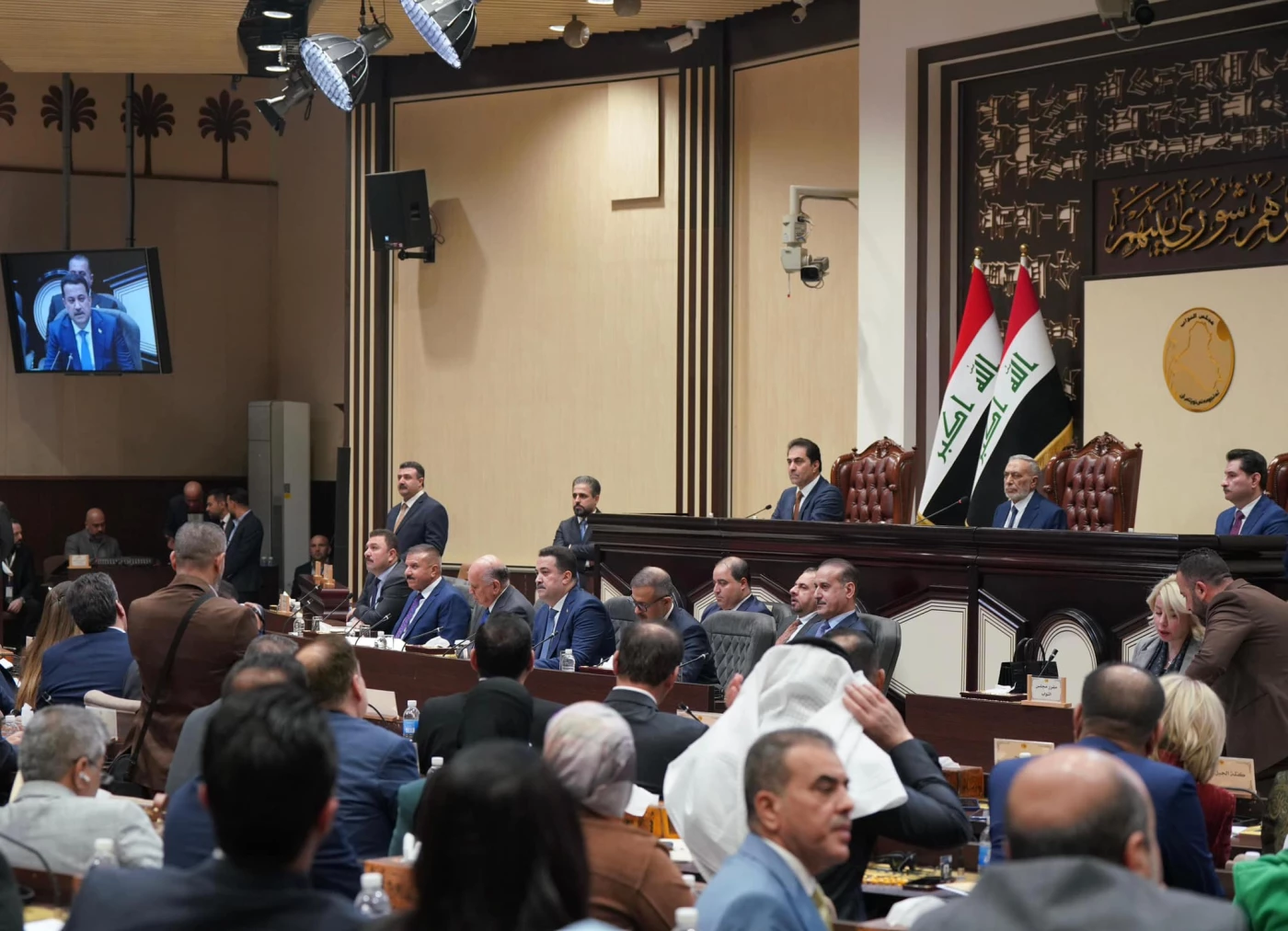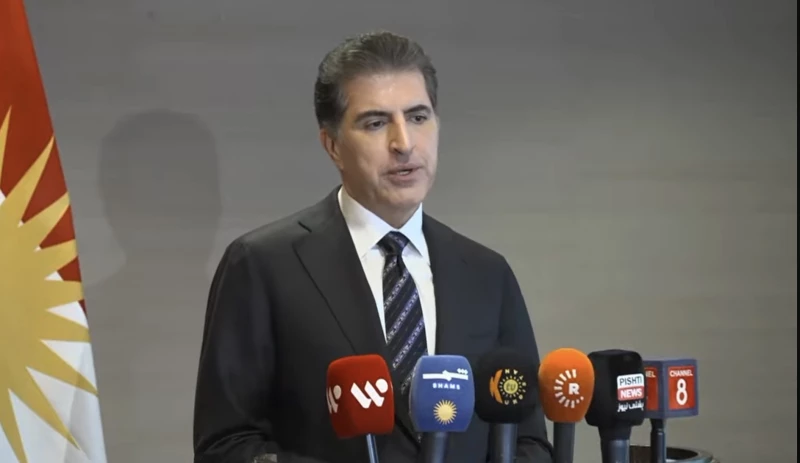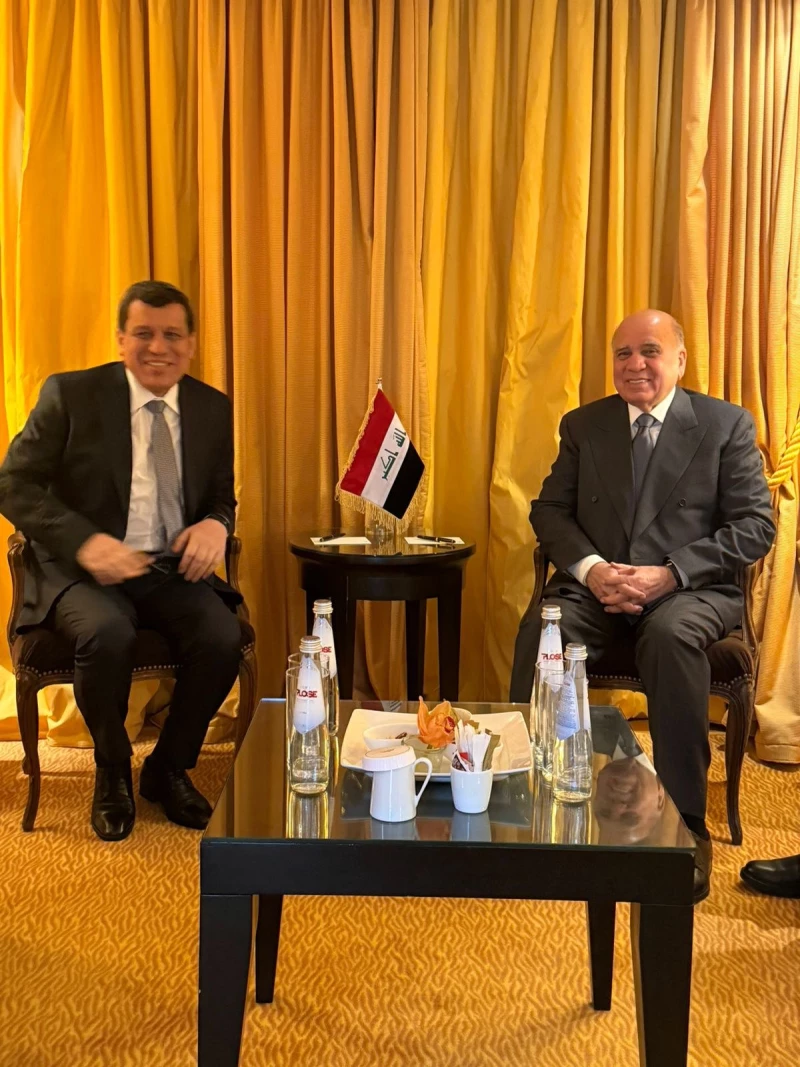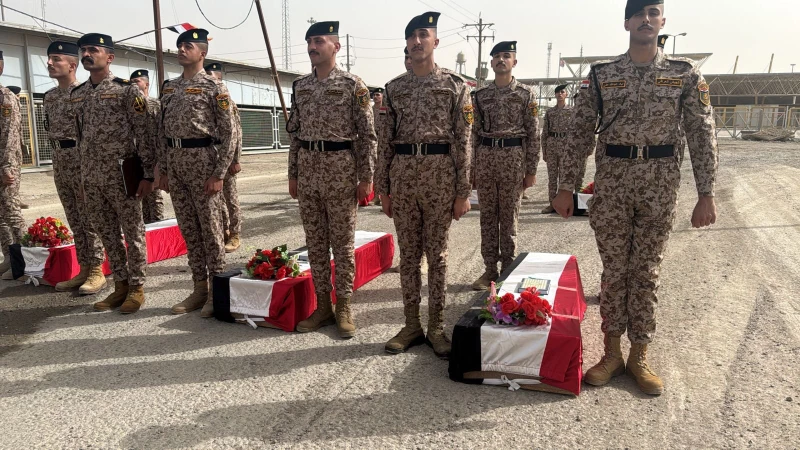ERBIL, Kurdistan Region of Iraq - Iraqi Prime Minister Mohammed Shia’ al-Sudani on Wednesday urged lawmakers to swiftly pass a bill to amend Articles in the budget law relating to Kurdistan Region’s oil, highlighting the damage the halt in exports has had on the Iraqi government.
The Iraqi parliament hosted Sudani on Monday for a private session, during which the premier discussed the ongoing regional challenges and stressed the need for coordination between the executive and legislative branches.
The legislature’s hosting of Sudani was upon his request to discuss the government’s policies and the measures taken to confront the challenges and developments in the region since October 2023, according to statement from the premier’s office.
During the session, Sudani called on the lawmakers expedite the amendment of the Iraqi federal budget law, specifically the Articles which would pave the way for the resumption of Kurdish oil exports.
“Iraq bears a daily fine for not exporting oil to the port of Ceyhan according to an agreement with the Turkish side,” said Sudani.
The Iraqi parliament is currently studying a bill that calls for amending Articles which relate to reimbursing the Kurdistan Region for the cost of producing and transporting oil. If passed, the bill could result in restarting the export of the Region’s oil through the Ceyhan port, over 20 months after they were halted.
Security and coalition's future
Addressing the lawmakers, Sudani reaffirmed Iraq’s right to ensure the security of its borders and fortify them amid ongoing concerns of the regional conflicts spilling into Iraq, stressing that the country possesses “advanced military capabilities.”
In regard to ending the American-led coalition’s mandate in the country, Sudani emphasized that the foreign military presence in Iraq will end “permanently” in September 2025 but revealed that it will end in September 2026 in the Kurdistan Region.
Iraq and the US in September announced they had reached an agreement to wrap up the coalition’s military presence in the country by “no later than the end of September 2025” and transition to bilateral security partnerships “in a manner that supports Iraqi forces and maintains pressure on ISIS [the Islamic State].”
The Iraqi government has repeatedly claimed that the Islamic State (ISIS) no longer poses a threat to the country’s national security and called for ending the coalition’s mission.
“We may have different ideas,” said Kurdistan Region Prime Minister Masrour Barzani in late November of the Iraqi government's assessment that coalition troops are no longer needed in the country.
“We don't think that terrorism has come to an end. We think that, still, ISIS is intact, and they have active members. They are active in different parts of, not only in Iraq, but in the region elsewhere in the world, and we need to have that global coalition to fight terrorism,” said the Kurdish premier during a forum.
The US has approximately 2,400 military personnel deployed in Iraq. US forces were deployed to Iraq at the request of the Iraqi government in 2014 to fight ISIS militants, which had then overrun large swathes of Iraqi territory in the north and west of the country.



 Facebook
Facebook
 LinkedIn
LinkedIn
 Telegram
Telegram
 X
X


